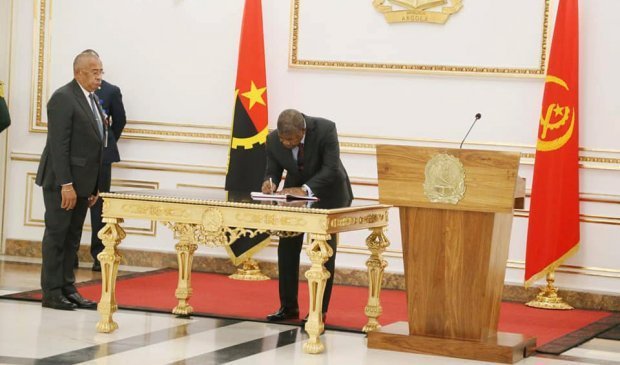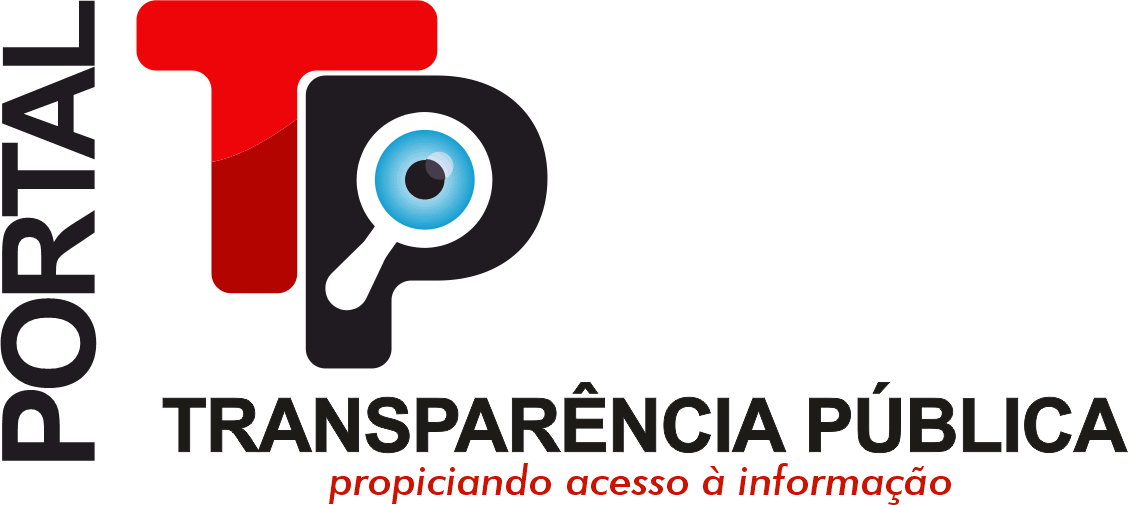You are here:
Início » Corruption » Technical Analysis of the Excessive Use of Simplified Contracting in Angola: Implications and Recommendations
February 11, 2026 4:23
Latest update:October 1, 2023
Technical Analysis of the Excessive Use of Simplified Contracting in Angola: Implications and Recommendations
By Ribeiro Tenguna*

© TPA Online
Of the vast documentation that arrives at the editorial office of the Public Transparency Portal (PTP) related to the Presidential Orders Authorizing Expenditure made by the Head of the Executive Branch, which we analyse, we curate and subsequently publish, with the aim of providing public access to this information that is already published on the PTP. The documents analyzed cover the months of January to May 2023.
The table below provides summarized data from our balance sheet for easy understanding:
|
Total orders published
|
Orders that omit the execution deadline
|
Public Tenders
|
Simplified Hiring
|
Emergency Hiring
|
Orders that omit contractors and supervisory bodies
|
|---|---|---|---|---|---|
|
January: 09
|
07
|
00
|
08
|
00
|
07
|
|
February: 10
|
10
|
01
|
08
|
00
|
05
|
|
March: 10
|
10
|
00
|
09
|
01
|
03
|
|
April: 09
|
09
|
00
|
08
|
02
|
07
|
|
May: 16
|
16
|
00
|
09
|
03
|
11
|
Analysis:
This technical analysis aims to examine the Presidential Orders Authorizing Expenditure, issued by the President of the Republic, in his capacity as Holder of the Executive Branch, taking stock of the Public Transparency Portal (PTP). Using a science-based approach, we will assess the implications of the practices adopted, taking into account the principles of transparency, competitiveness and efficiency in public procurement.
Data analysis:
The data presented for the authorization of expenditure in the period from January to May 2023 reveals a significant preference on the part of the Head of the Executive Branch for the use of Simplified Contracting to the detriment of other modalities, such as Public Tendering or Emergency Contracting. This repetitive pattern over the months indicates the existence of a behavioral pattern in the decision making of the Head of the Executive Branch.
Omission of essential information:
Another worrying point is the omission of crucial information in the Expenditure Authorization Orders, such as the execution deadline, contracted entities, and the supervisors of the works awarded by direct award. Such omissions raise questions about the management of public resources and the effectiveness of control and supervision by the competent authorities. The lack of clarity in the reasoning behind the Orders compromises accountability and makes it difficult to identify possible irregularities or misuse of resources.
Impacts of lack of competitiveness and transparency:
Simplified Contracting is a modality that offers greater agility in the process of acquiring goods and services, as it simplifies procedures and dispenses with the need for public competition. However, its excessive use can lead to a lack of transparency and competitiveness, opening up loopholes for possible irregularities and undue favoritism.
The lack of public competition reduces the possibility of the Executive obtaining the most advantageous proposals in terms of quality and price, and undermines efficiency in the use of public resources.
In addition, the lack of transparency resulting from the omission of crucial information, such as the execution period, contracted entities and inspectors, creates a gap in the monitoring and control of public spending. This lack of clarity encourages irregular acts, undue favoritism and corruption.
Transparency is a fundamental pillar for good governance, as it allows citizens to monitor and supervise the use of public resources.
This issue should concern all segments of the consumer chain, because the lack of competitiveness resulting from the absence of public competition can lead to inflated prices and the hiring of companies without the proper qualifications or experience. This compromises efficiency in the execution of projects and undermines the quality of services provided to citizens.
Scientifically-based recommendations:
Based on studies and good public procurement practices, we highlight the following recommendations to correct the shortcomings identified:
- Strengthening transparency: It is essential that the Executive establishes a robust information disclosure system, making the details of presidential orders available in a clear and accessible manner, including deadlines, contracted entities and inspectors. This will allow effective monitoring of contract execution and greater accountability to society.
- Stimulating competitiveness: It is necessary to promote fair and open competition, broadening the participation of companies by holding regular public tenders. This will ensure that the best proposals are selected, taking into account objective criteria and the quality of the services or goods to be purchased.
- Strengthening control and oversight: Investing in efficient control and oversight mechanisms is essential to prevent fraudulent practices and ensure contract compliance. This includes training supervisory bodies, implementing effective auditing systems and applying appropriate sanctions in cases of irregularities.
In addition, it is necessary to encourage competition and the participation of a greater number of companies in public procurement processes. This can be achieved by holding larger and more frequent public tenders and creating an environment conducive to the participation of companies of all sizes.
Conclusion:
Based on the technical analysis carried out, as revealed by this six-monthly review by the PTP Editorial Office, it is clear that the excessive use of Simplified Contracting in Angola has negative implications for transparency, competitiveness and efficiency in public procurement and even for the fight against corruption. In order to guarantee the responsible use of public resources and strengthen society’s trust in government institutions, it is crucial that the proposed recommendations, based on scientific studies and good international practices, are adopted. Only in this way will it be possible to promote public management that is more transparent, efficient and aligned with the principles of ethics and good governance.
Text revised on June 10, 2023, at 16h37′
Bartolomeu Milton
* Ribeiro Tenguna is the author of several books and the bestseller “Quanto Vale a Vida do Africano”. He is a member of the Youth Literature Brigade of Angola and the Experimental Group of the Brazilian Academy of Letters. He is a Computer Engineer, Clinical Psychoanalyst, Conflict Resolution Specialist, MBA-Master in Business Administration from Fundação Getúlio Vargas (FGV) and writes weekly for PTP.
Access Counter:
PUBLIC TRANSPARENCY PORTAL – ANGOLA
Propitiating access to information
Municipality of Talatona, Urban District of Benfica, Estrada Lar do Patriota, Rua V, Travessa II, n.º 584-A
Postal Address: Brito Godins Postal Station, Bairro Kinaxixi, Correios de Angola, PO Box n.º 10196, Luanda – Angola
Contact phone: +244 934 035 233
COPYRIGHT © 2022 – THE PUBLIC TRANSPARENCY PORTAL IS PROPERTY OF PRO BONO ANGOLA® – ALL RIGHTS RESERVED. DEVELOPED BY 15INTELLIGENCE


